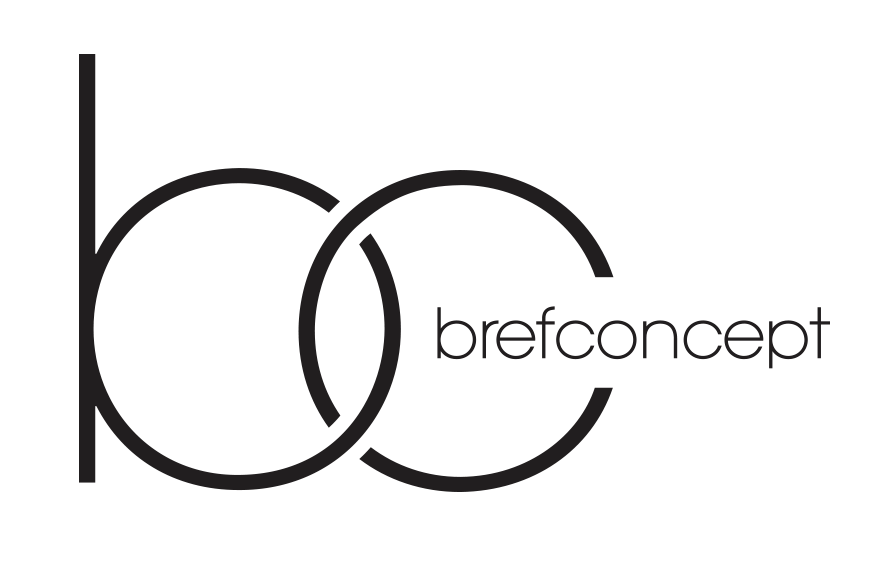Before and After: What Changed with Dystopian Books
The Starting Point
In the early days of literature, the concept of dystopia was often intertwined with cautionary tales. Popular titles such as « The Hunger Games » by Suzanne Collins and « Divergent » by Veronica Roth captivated a new generation, expanding the audience and igniting discussions about societal structure and personal autonomy.
The Transition Period
As interest in dystopian narratives grew, the genre underwent a significant transformation. From their humble beginnings as cautionary tales to their current status as essential reading, great dystopian novels continue to challenge and inspire readers worldwide.
In addition, dystopian books became a refuge for those who wanted to explore worst-case scenarios in a safe space. While these genres certainly have their place, they often lacked the depth that could provoke thoughtful discussions about societal issues. It evolved from being predominantly a reflection of societal fears to a broader commentary on human nature and resilience. As such, they provide a foundation for understanding the evolution of dystopian narratives and their influence on modern literature.
The Transition Period
As society progressed into the late 20th and early 21st centuries, the landscape of dystopian literature began to shift.
I sought stories that not only entertained but also offered a critical lens on reality. Each book served as a mirror, reflecting societal issues such as government control, environmental degradation, and social inequality. good dystopian novels
During this transition, I discovered significant personal growth.
Before and After: What Changed with Books About Dystopian Society
The Starting Point
In a world increasingly characterized by uncertainty, the themes presented in dystopian literature have found a significant place in the cultural consciousness. As we navigate an increasingly complex world, the insights gleaned from these narratives remain invaluable, encouraging us to confront the challenges ahead with both caution and hope. top dystopian books
Works such as George Orwell’s « 1984 » and Aldous Huxley’s « Brave New World » have not only entertained readers but have also provided profound insights into the human condition.
New authors emerged, bringing fresh perspectives and innovative storytelling techniques. Readers not only consume these narratives but also engage with them, reflecting on their implications and drawing parallels with real-world events. Books like « 1984 » by George Orwell and « The Handmaid’s Tale » by Margaret Atwood have become essential reading, not just for their storytelling, but for the critical conversations they inspire.
The Transition Period
As the popularity of dystopian literature surged, a transformation began to take shape. Initially, these stories were often marginalized, viewed as mere speculation or fantasy. These stories were not merely entertainment; they served as reflections of the societal fears of their times. Books like George Orwell’s 1984 and Aldous Huxley’s Brave New World set a precedent for exploring the darker sides of humanity’s potential futures.
The genre has expanded to include various formats, such as graphic novels and interactive media, making it accessible to a wider audience.
Moreover, the benefits of this literary transformation are evident:
- Enhanced Awareness: Dystopian stories encourage readers to think critically about societal issues.
- Empathy Development: Readers gain insights into the human experience and the consequences of societal choices.
- Community Engagement: Book clubs and online forums dedicated to dystopian literature foster discussions and community building.
- Creative Exploration: The genre inspires writers to push boundaries and explore new storytelling techniques.
In conclusion, the journey of dystopian literature from a niche genre to a mainstream powerhouse reflects societal changes and cultural shifts.
Before and After: What Changed with Dystopian Society Books
The Starting Point
In the early days of literature, stories often revolved around idyllic settings and heroic journeys.
